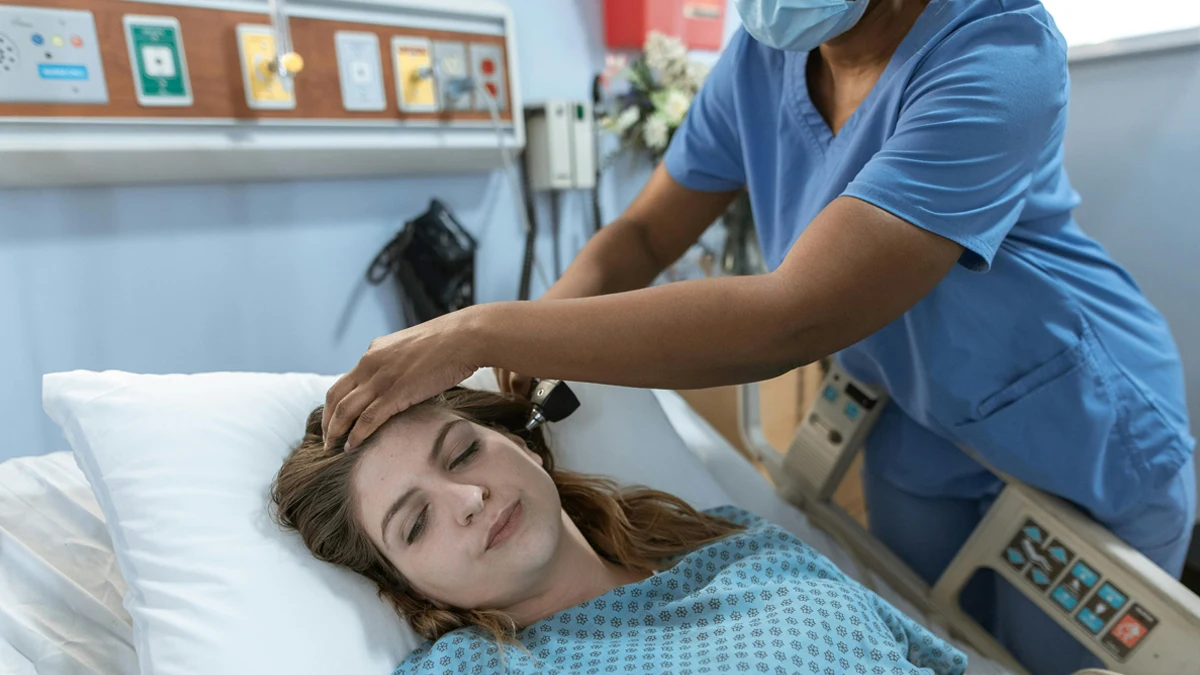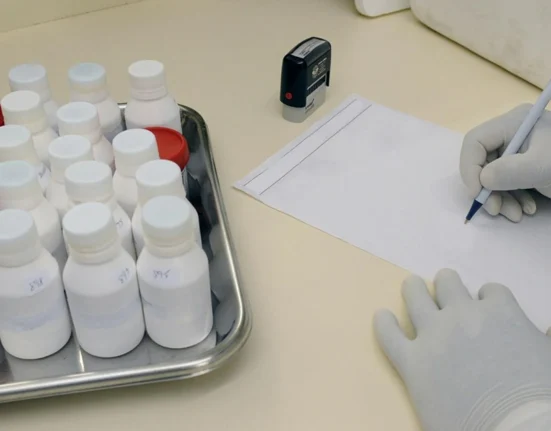Let us rule out the common errors and tips for NMC OSCE
In the context of Tips for NMC OSCE, students who adopt a systematic approach to tackle the scenarios presented to them often tend to perform better than those who do not. However, it is also important for students to be flexible and adaptable in their approach, as the scenarios may not always unfold in the way they expect. This ability to adjust their approach based on the specific scenario and its requirements is a key attribute of successful students in OSCE .
It is imperative for students to avoid overlooking important instructions and managing their time effectively during the examination. These factors can significantly impact their scores. To mitigate the risk of such errors, we will outline common exam mistakes and provide strategies for competitive exam success.
What are the common errors in NMC OSCE?
Many students who possess sufficient academic and practical knowledge often tend to make silly mistakes during exams, which can cost them dearly. In order to avoid this scenario, we will be discussing some common exam mistakes and providing competitive exam tips to help prevent them.
- Reality check
In an OSCE, stations are intentionally designed to be brief and may require you to perform tasks that are not typically encountered in real life. It is crucial to keep in mind that these stations evaluate your proficiency in specific clinical skills, rather than your overall competence. Therefore, it is essential to demonstrate your knowledge and expertise with confidence and precision. - Poor Communication
Poor communication skills may lead to candidates losing marks in communication stations. The focus should be on supporting the patient rather than reaching a diagnosis with clarity or planning further management. - Missing pointers
It’s common for test-takers to forget small yet important steps, such as hand hygiene, due to nervousness. Nurses are required to maintain clean hands to prevent the spread of illness. - Running out of Time
Due to a lack of simple management during the test, students might lose track of time and miss out on completing the procedure. Sometimes, they might even not get the time for documentation. - Patient Priority
Students need to be empathetic towards the patient or examiner they are interacting with. They should properly introduce themselves, check the patient’s identity and allergies, and ensure patient safety. Always gain the consent of the patient before you start the procedure.
NMC OSCE Exam Tips to Remember!
Preparing for an exam efficiently can be quite challenging, especially when you have a busy schedule. However, it is crucial to develop effective study habits to ensure success. To be fully prepared and ready to perform at your best, there are several steps you can take.
- Practice makes it perfect
Take charge of your OSCE preparation by identifying your weaknesses in each topic before you start studying. It’s crucial to pinpoint the areas where you feel less confident and work on them until you feel comfortable with your abilities. By doing so, you can maximize your study efforts, increase your chances of success, and ultimately achieve your goal of acing the OSCE. - Set the Time Frame
The OSCE will evaluate your ability to perform under pressure. It’s important to feel confident while completing tasks quickly. Try practising your skills within a set period of time. To build your confidence, it is important to practice your skills under time pressure. - Beat the Stress
Stay focused on the present station during the exam, and ignore the previous ones. When feeling stressed, people often skim over instructions. To avoid making mistakes, it’s important to take a moment, breathe, and read the station instructions thoroughly.
NMC OSCE For nurses Everything You Need to Know in 2024 👉 Click Here
For Any NMC OSCE Related Queries and Training Chat with Us!















Leave feedback about this